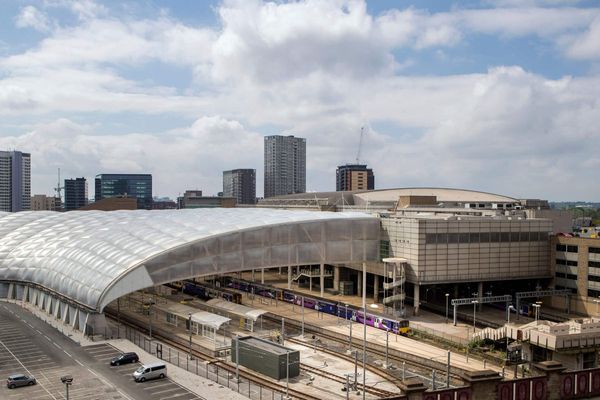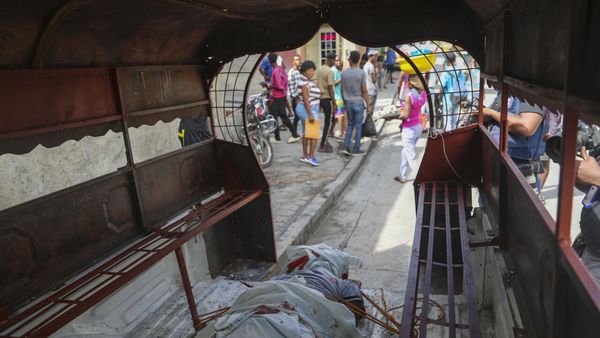U.S. Secretary of Labor Marty Walsh will host a meeting between railway company executives and union leaders Wednesday in Washington aimed at preventing a potentially network-crippling strike, the first in three decades, scheduled for later this week.
All of the major U.S. freight rail operators, including Union Pacific (UNP), Norfolk Southern (NSC) and CSX Corp. (CSX) have until midnight on Friday to reach an agreement with unions representing around 60,000 members amid a long-running dispute over working conditions, wages and employee safety. Berkshire Hathaway's (BRK.A) BNSF, the nation's third-largest freight operator, is also involved in the dispute.
The strike, if it goes into effect, could cost the U.S. economy around $2 billion a day, shutdown around 30% of the country's freight traffic, disrupt passenger rail networks and add to inflationary pressures by delaying the delivery of key energy, food and consumer goods.
According to the Association of American Railroads, the country's freight rail network comprises 140,000 miles of track across 49 states and carries 7,000 long-distance Class I trains per day.
President Joe Biden, who put together a internal task force -- known as a Presidential Emergency Board, or PEB -- to establish settlement terms in July, is reportedly considering invoking emergency powers to keep freight moving, while White House Press Secretary Karine Jean-Pierre said the government will ask truck and air-freight companies to step-up their shipments in the event of a strike.
The PEB recommended 24% pay hikes, spread over five years, $5,000 in employee bonuses and additional paid leave as part of a package that formed the basis of a tentative agreement with around 115,000 workers earlier this summer.
Amtrak, the nation's largest passenger rail carrier and a federally chartered company owned by the U.S. government, began suspending some of its long-distance routes Tuesday in advance of any strike action, including services between Chicago and Los Angeles and other routes in the Pacific north west.
"Amtrak is closely monitoring ongoing freight rail management—labor contract negotiations. While these negotiations do not involve Amtrak or the Amtrak workforce, many of our trains operate over freight railroad tracks," the operator said in a statement. "Because the parties have not yet reached a resolution, Amtrak has begun to make initial service adjustments in response to a possible freight railroad service interruption that could occur later this week."







